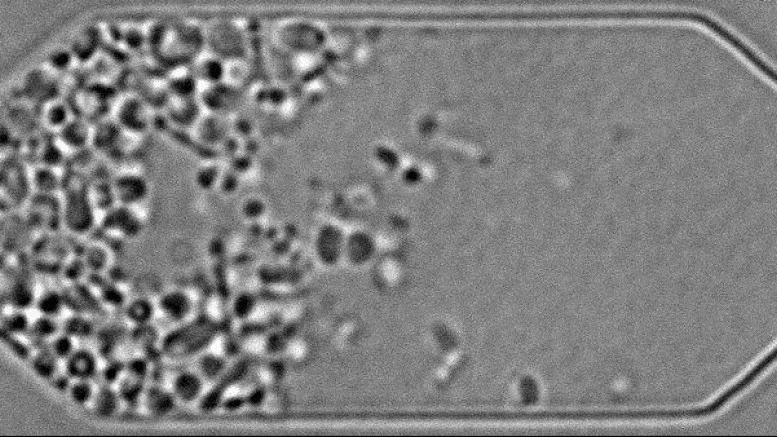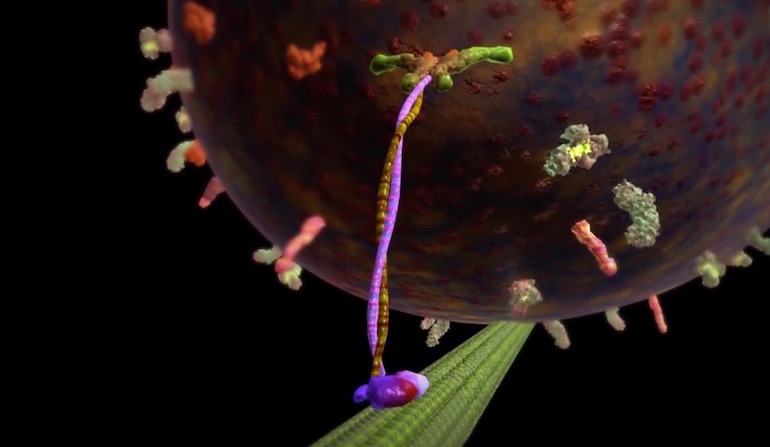MurphyGuy
It just needs a bigger hammer
- Joined
- May 20, 2020
- Messages
- 4,129
Not really. Logical analysis provides three choices, 1) Believe 2) Not Believe 3) NullIt's disingenuous to say that anybody who believes in creation believes in a "magical sky fairy". There's a difference in believing that life wasn't random, and believing every word in the Bible (or whatever text), a book written, and heavily edited, by man.
Option 1 is reached through forced indoctrination of young children. (that should be a warning sign for most people with common sense)
Option 2 is reached through rejection (the reasons for which are many with some good and some really silly)
Option 3 is the only logical path.
What does that mean? What "point of life" ?I think that most compelling argument for creation is the point of life,
Some life forms have just over 525 genes. That isn't even more complex than the average person's capability to remember if they tried.and the concept of an irreducibly complex machine, as it relates to basic cellular reproduction.
So while some life forms are extremely complex, complexity is not a requirement.
Humans created god to answer questions. Humans are hardwired to seek answers to our questions, the problem is, in the absence of good answers, we tend to accept bad ones.It's entirely possible that life was random, and just happened. Anybody who claims to "know" otherwise is full of crap. That being said, this is what I BELIEVE to be true.
We have already done that..Let's say you did in fact find all of the "pieces" you needed to make life, just floating around in our primordial Ocean, just waiting to be assembled.
Already done:Let's just say they happen to come together to form a strand of DNA. The chances of this are about as good as taking a dead deer in a box, sterilizing it, shaking it up for a few billion years, and expecting the entire tree of life to come out. I guess it's possible, but talk about faith. I could be wrong, but I'm pretty confident that we still have not created LIFE from nothing. Maybe we will one day, I'd be very excited if that happened.

Artificial Life Forged in a Lab? Scientists Create Synthetic Cell That Grows and Divides Normally
New findings shed light on mechanisms controlling the most basic processes of life. Five years ago, scientists created a single-celled synthetic organism that, with only 473 genes, was the simplest living cell ever known. However, this bacteria-like organism behaved strangely when growing and div
scitechdaily.com
One of the things humans are very VERY good at is figuring out nature and copying it. And once we copy it and have a better understanding, we tend to modify things to make it work for us. Presto, you have lights at night, antibacterial medications, light beer, and internal combustion engines.
While humans and other macroscopic "animals" are complex, simple bacteria and viruses are not always in the same boat. Evolution is normally a very slow process, but it can happen right in front of your eyes under certain conditions. When scientists investigate antibacterial resistance, they can watch bacteria evolve to resist the drugs on a time scale that is measured in hours.For the sake of argument, let's just say that did in fact happen, that somehow random pieces of molecule were able to chemically bind together in the perfect way to form a strand of DNA. Now what? How does a single strand of DNA go about turning into a single cell organism? There's a lot of missing pieces there, and that's the concept of an irreducibly complex machine comes in.
The larger the organism, the more complex it is, the more time it takes to change.
If you want to change the function of a steel angle bracket, you hit it with a hammer and maybe drill a hole.. takes 5 minutes. But if you want to change the function of a building, it takes far longer and far more effort.
See link above.In order for a living organism to reproduce, it has to be complete to start with. You can't just have a half a nucleus and a third of a mitochondria start making cytoplasms and cell walls. To start with, I would argue there has to be an entire functioning system to reproduce into an other functioning system.
This is a game that has been played for hundreds of years. Religion makes a claim, puts on display something we can't yet do, and postulates that since it is impossible for humans to replicate, it must be god. A really bad argument, but most people have really poor analytical skills so it works.Michael Behe is the guy who coined the idea, and wrote a few books on it as well, he does a much better job explaining this than I do.
The deeper I get into this topic, the more I understand that nobody knows shit.

ID’s Top Six — The Origin of Irreducibly Complex Molecular Machines | Evolution News
There is no known cause, other than intelligent design, that can produce machine-like structures with multiple interacting parts.evolutionnews.org
enjoy reading critiques and criticisms just as much as I enjoy reading theories that I already subscribe to, and would be happy to defend my position.
Then of course, technology catches up, humans figure it out, and then religion moves on to the next thing we haven't yet done and the process repeats. Remember the "missing link" between primates and humans? You don't hear about that anymore as an argument do you? That's because we have all the fossils now, from full blown primate to full blown human. We even have fossils of intermediate branch species that didn't last long.
So the church no longer pursues that argument and their gullible followers are guided in a different direction. That's the power of childhood indoctrination.
Most people do not understand science or technology, which is kind of weird since their lives all fully depend on it.







